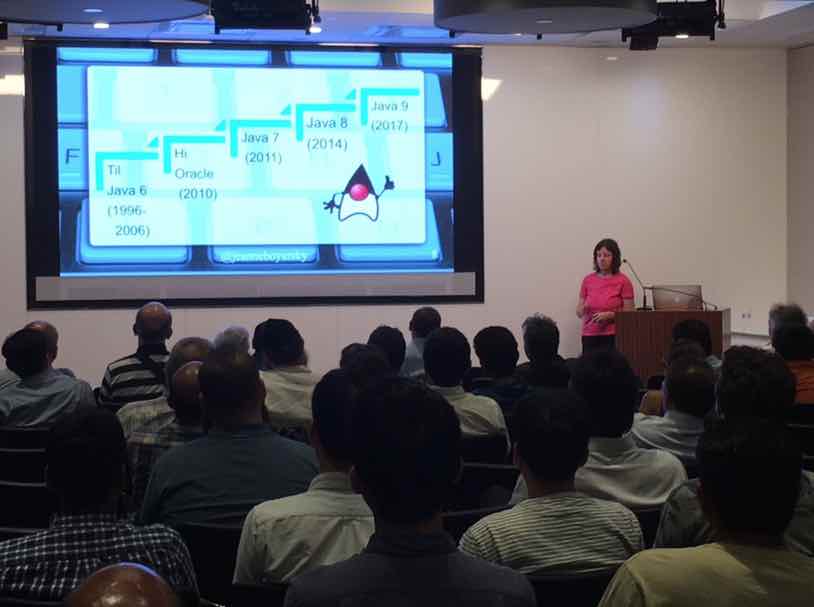I called Verizon today to deal with a problem. I still have the problem (this is my 4th call on the topic) which is that my phone and DSL are on separate billing cycles. Last month, they identified the problem and told me it would be resolved. And here we are this month. Still not resolved.
This month’s call came with a twist. I was asked for my PIN to identify myself. I was unaware that I had a PIN. And nobody asked me for my PIN last month or the month before. So the rep texted me a one time verification code. Fine.
After we didn’t resolve my first problem, I asked how I set this PIN to something I know. He transferred me to customer service. Who doesn’t do that and transferred me to another call center that sounded like India. (They were very close together and there was much conversation that wasn’t in English. Plus the accents.) I waited 10 minutes to speak to someone there. He couldn’t here me well and eventually said someone would call be back because the phone connection wasn’t good.
I understand the phone connection in India isn’t Verizon’s fault. But having someone “at the phone company” tell you that they are having phone troubles is ironic.

